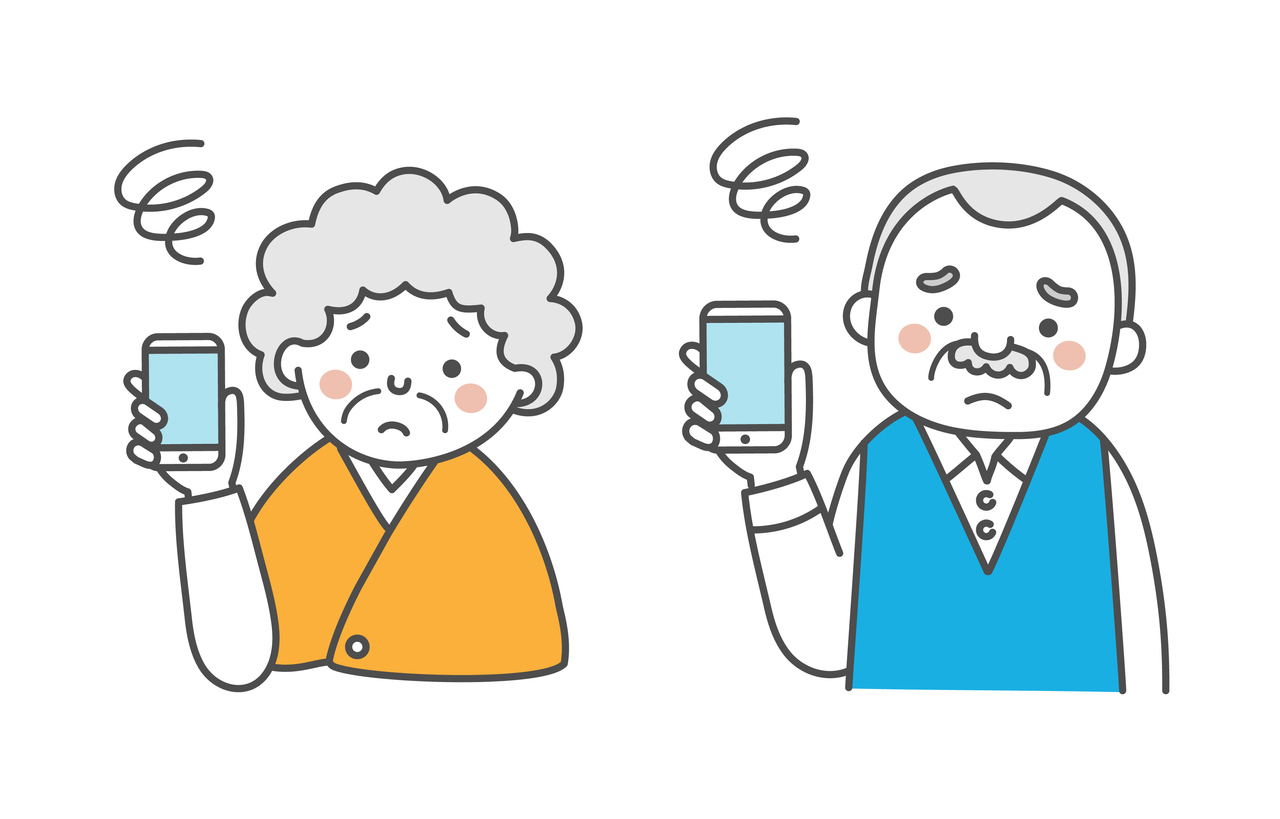2022/08/05
KDDI’s Communication Failure; Establishment of a System to Secure the Communication Networks in an Emergency is Urgently Needed

(The original article in Japanese was posted on July 15, 2022)
After more than three days of disruption, KDDI Corporation’s nationwide communication outage that occurred in the early hours of July 2 was finally fully restored. Personally, I (the writer of this article) am one of the users of the “au” smartphone, a brand operated by KDDI. As for my residential area, SMS (short message service) was available during the accident, and e-mails and Messenger app were also usable under Wi-Fi enabled environment, so I hardly felt any inconvenience at home or in a car. However, the smartphone app compatible with Android Auto was not usable as a navigation tool on the morning of July 2, because the entire screen display became blurred. It was before noon that the street outlines were getting visible on the screen, and then the textual data was gradually becoming recognizable. Watching the process of fault recovery, I realized what it means to have communication restrictions.
While my personal impact was minor, the society as a whole suffered a significant impact from the network failure, not to mention telecommunications carriers using “au” lines including UQ Mobile brand and "povo" brand. Actually, the glitch affected a range of business activities: Yamato Holdings Co., a major parcel delivery provider, had difficulty contacting delivery truck drivers by voice calls; Toyota Motor Corporation experienced an interruption in the operation of its "Tsunagaru Kuruma" ( “Connected Cars” models constantly connected to the internet) service; Japan Freight Railway Company (JR Freight) had some trouble in the container loading/unloading control system, which caused delay in delivery; The Japan Meteorological Agency had a problem with its Automated Meteorological Data Acquisition System (AMeDAS) in collecting data from almost 70% of their weather observing stations. Meanwhile public health officials of Tokyo Metropolitan government temporarily lost means of contacting the COVID-19 infected people who were recuperating at home. Besides, the SMS-based identity verification system did not work. Above all, emergency calls to the police and the fire department were disconnected over a prolonged period of time.
Even though it was a temporary disconnection, the loss of emergency communication measures resulted in a serious social impact. Responding to the outage, the Ministry of Internal Affairs and Communications (MIC) made public announcement that “it would start full-scale discussions on the introduction of ‘roaming’ that allows a mobile phone company to use the communication networks of other companies when communication failures occur in an emergency.” In fact, this issue had already been taken into consideration in the aftermath of the Great East Japan Earthquake. Specifically, it was discussed in the "2nd meeting of the Working Group to ensure the continuity of the pivotal functions of the central government in the event of Tokyo Inland Earthquake” (Telecommunications Bureau, Ministry of Internal Affairs and Communications), which was held on November 10, 2011. They mentioned relevant subjects such as roaming service through alliances with cellular business partners and resource sharing among telecommunication service providers, which were indicated “to be taken up and discussed further based on the established action plan."
Nevertheless, any subsequent discussion has not been developed in the past 10 years. Obviously, there are miscellaneous "real" problems to be solved, including reciprocal alignment among providers. And yet at the same time, the importance of communication networks as a social infrastructure has increased to an incredibly higher level over the past 10 years. We have no time to lose any more in preparation for the oncoming crisis of a large earthquake that could occur at any moment. It is said that the first report of the incidence of communication failure to President of KDDI, Makoto Takahashi, was made by landline phone. Ironically, the number of fixed phone line subscriptions in Japan has been constantly declining for both individuals and corporations. Securing a means of communication in an emergency is the critical issue that needs immediate action for solution without delay or excuse.
This Week’s Focus, July 15
Takashi Mizukoshi, the President